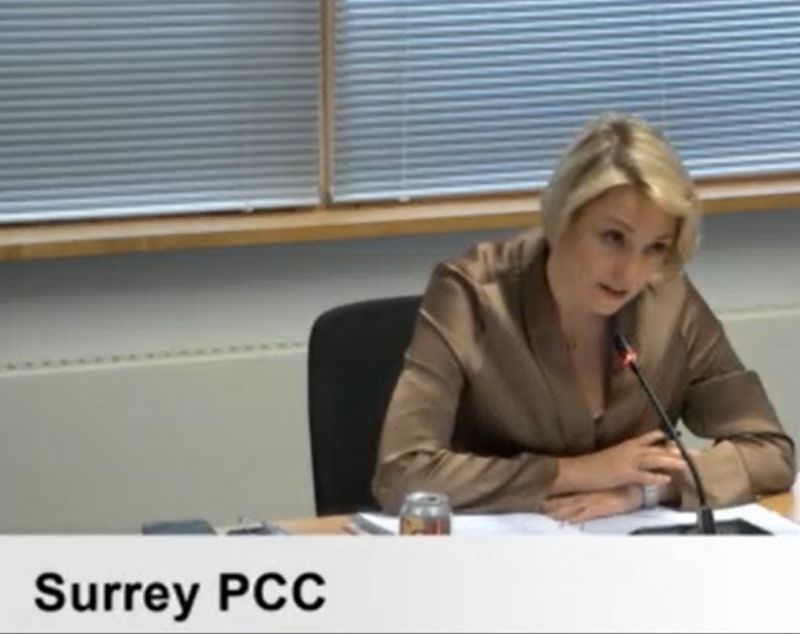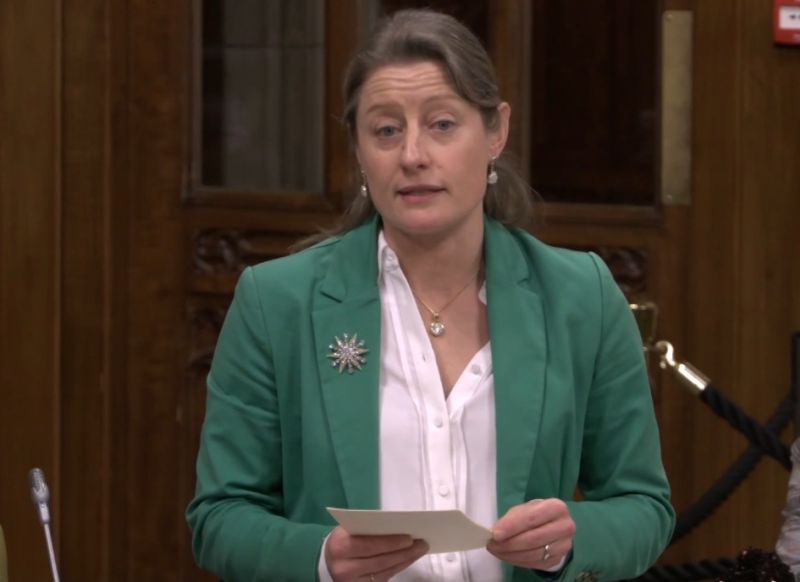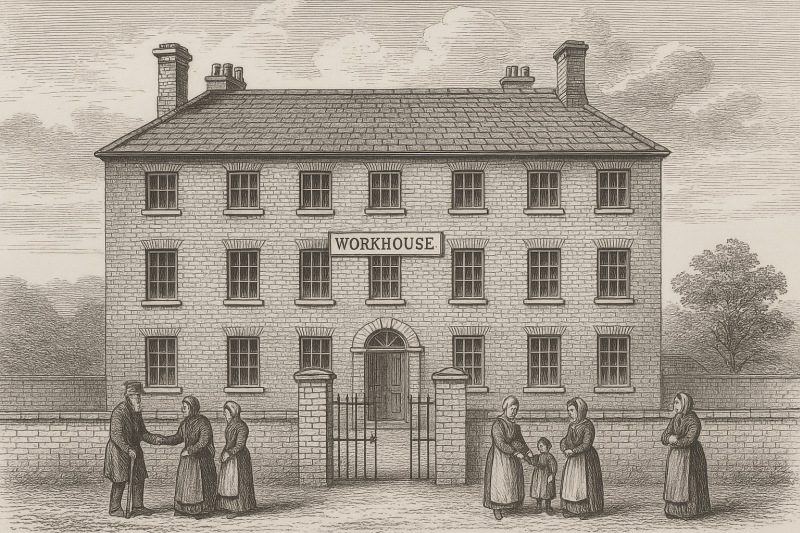Tracing the history of poor relief in Epsom and Ewell
Residents and researchers in the borough now have enhanced access to a fascinating trove of historic records that shed light on how our local community dealt with poverty, welfare and social care from the early nineteenth century onward.
The system of poor relief in England underwent major changes in the 1800s. Under the “Old Poor Law” (before the 1834 Poor Law Amendment Act) each parish vestry was responsible for caring for its poor, sick and destitute residents. After 1834, the “New Poor Law” created groupings of parishes into Poor Law Unions, each with a Board of Guardians and a central workhouse.
In Surrey, the Surrey History Centre holds an extensive guide to Poor Law records, including minute books of the county’s Poor Law Unions. For Epsom, the records of the Epsom Poor Law Union from 1836 to 1930 are now indexed and available for consultation.
The minute books of the Epsom Poor Law Union record meetings of the Board of Guardians, who decided whether applicants should receive relief, be admitted to the workhouse, or be “removed” to another parish. They note weekly expenditure, supply orders, the appointment of staff, and the conditions of inmates.
Poor Law records can also include examination papers, bastardy bonds, settlement certificates, removal orders, and workhouse admission and discharge registers. Together they provide a detailed picture of the social realities of life in Victorian and Edwardian Epsom.
Although today a relatively prosperous borough, Epsom’s history includes many households living on the edge of poverty. The Union’s records allow us to trace how local governance responded to hardship, how relief was funded, and how the population’s needs changed across a century.
Behind the official entries lie the human stories: the widowed mother seeking parish relief, the injured labourer, the orphan placed in a workhouse, or the itinerant worker removed from one parish to another. These records reveal the rhythms of ordinary lives and the community’s efforts to care for its own.
The Surrey History Centre’s page Poor Law records – minute books offers guidance and shows that indexes to the Epsom minutes (1836–1930) are now online.
Researchers should first consult the online indexes and then contact the Surrey History Centre to view the original volumes, which may require a visit or advance booking.
Tips for local researchers
- Search by parish as well as by name – many cases are listed under the parish of settlement.
- Note that “removal orders” might show a person being transferred between parishes.
- Combine minute books with census or parish registers for a fuller picture of a family’s circumstances.
- Compare relief volumes across decades to identify periods of local economic stress.
With the indexes now online, there is a fresh opportunity for local historians, schools and community groups to explore Epsom’s welfare legacy. Projects could include exhibitions of anonymised case studies, research into patterns of employment and hardship, or school activities exploring the social history of our borough.
The minute books of the Epsom Poor Law Union open a compelling window onto over a century of social welfare practice. By engaging with these records, we can better understand the changing nature of poverty, relief and governance in Epsom and Ewell – and recover the lives of those who, often in quiet dignity, sought help when times were hard.
If you make a discovery of local interest from these records, Epsom and Ewell Times would be pleased to hear from you.
For many more events and projects from the Surrey History Centre CLICK HERE




















